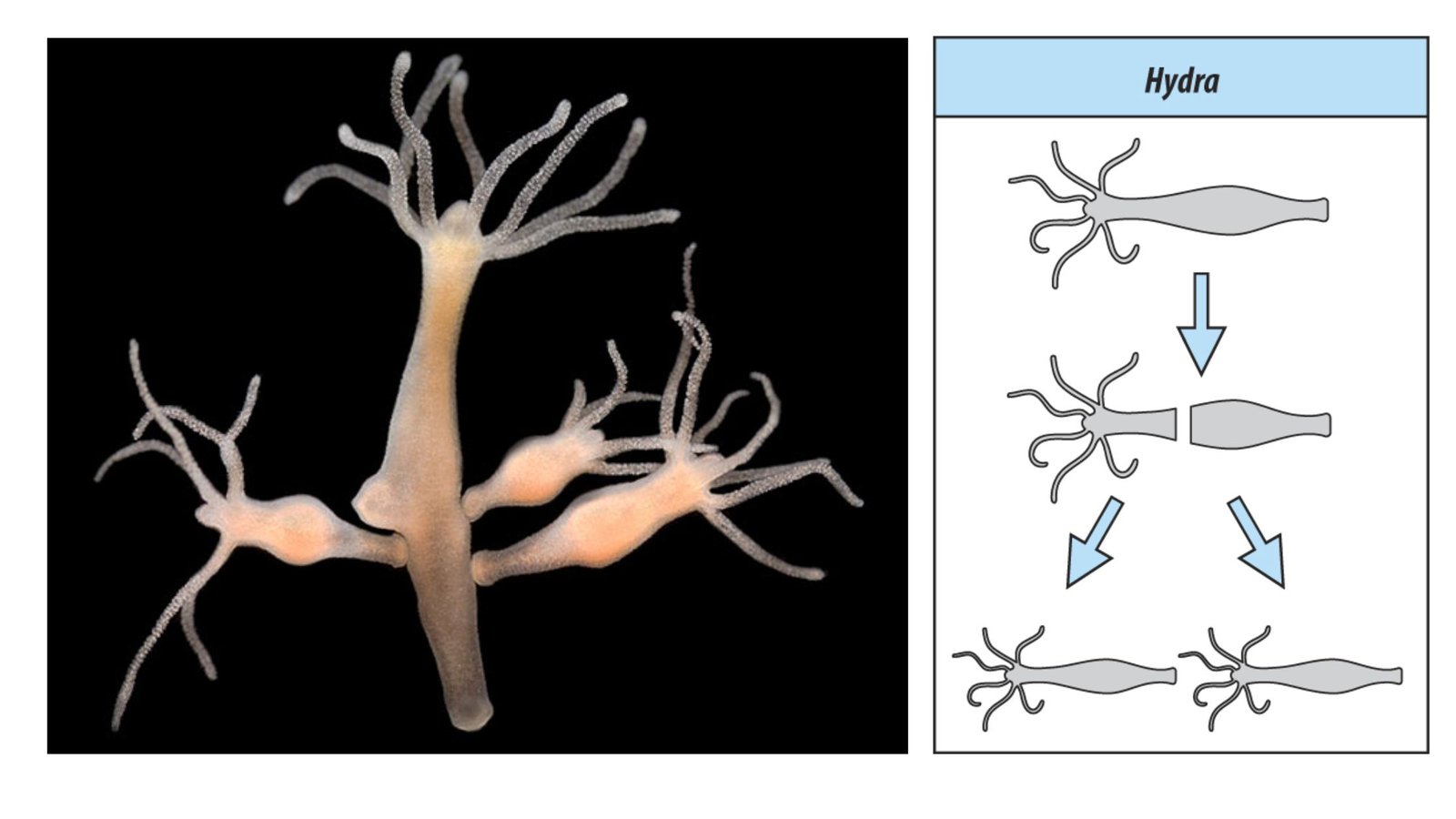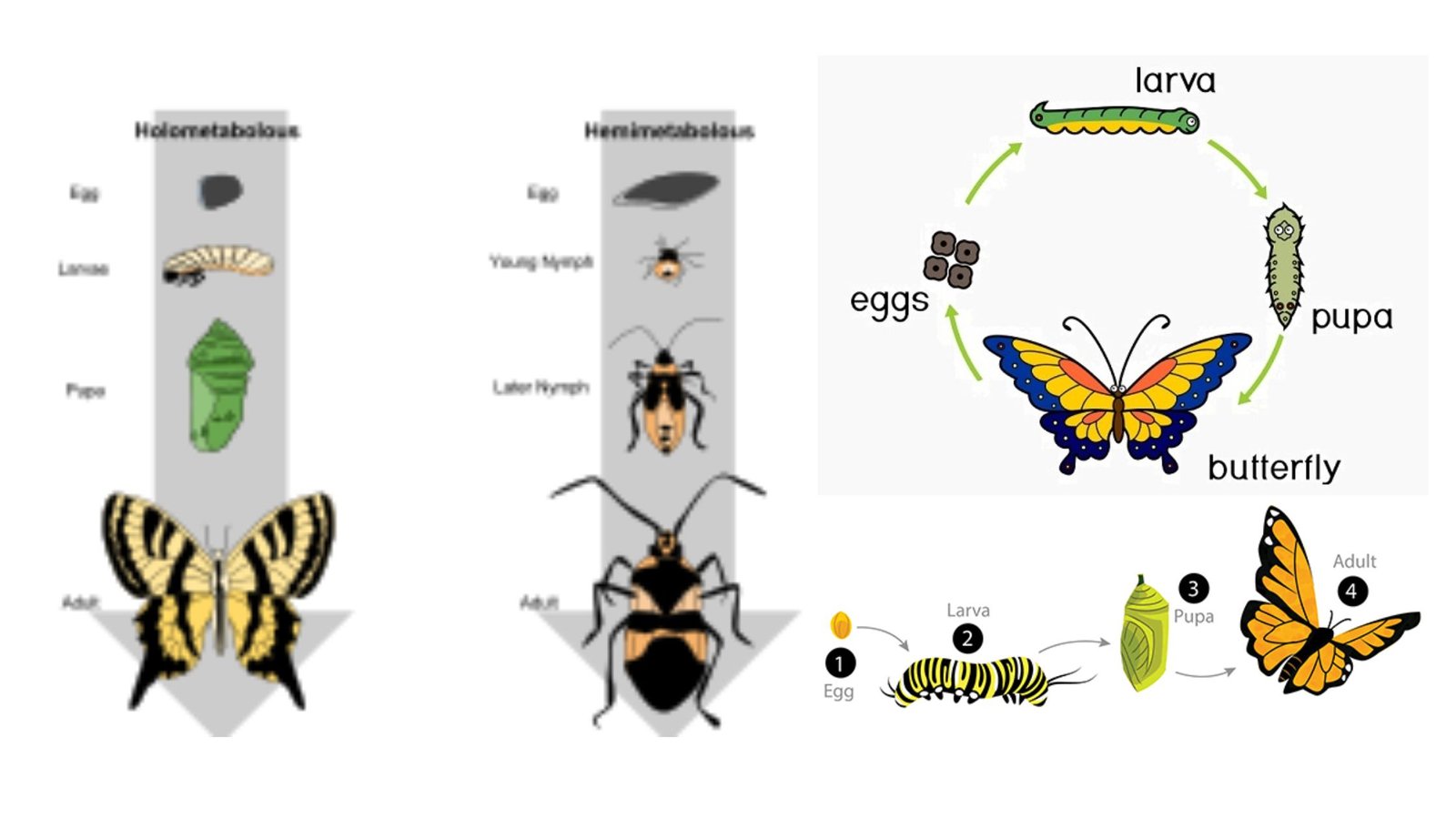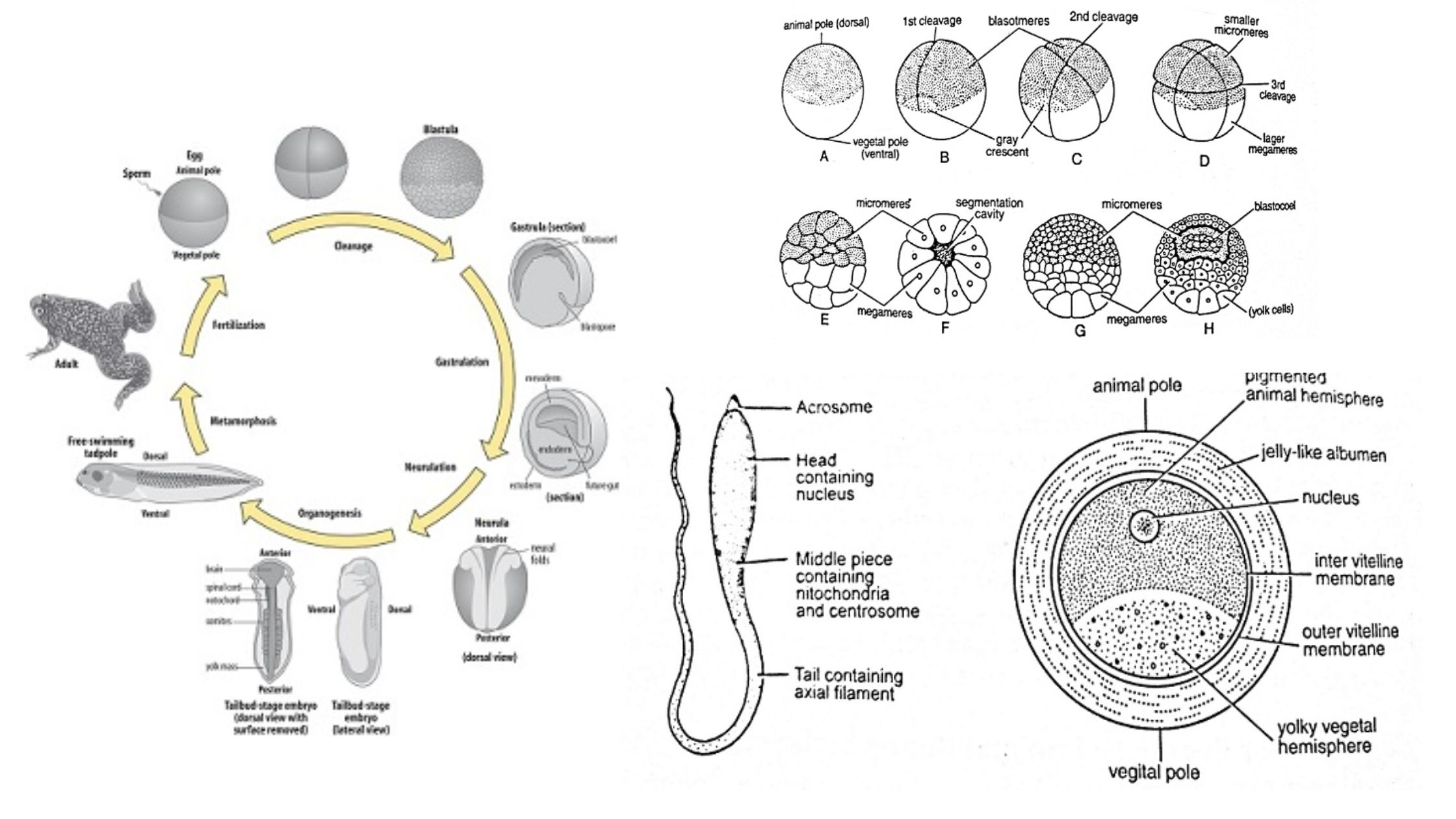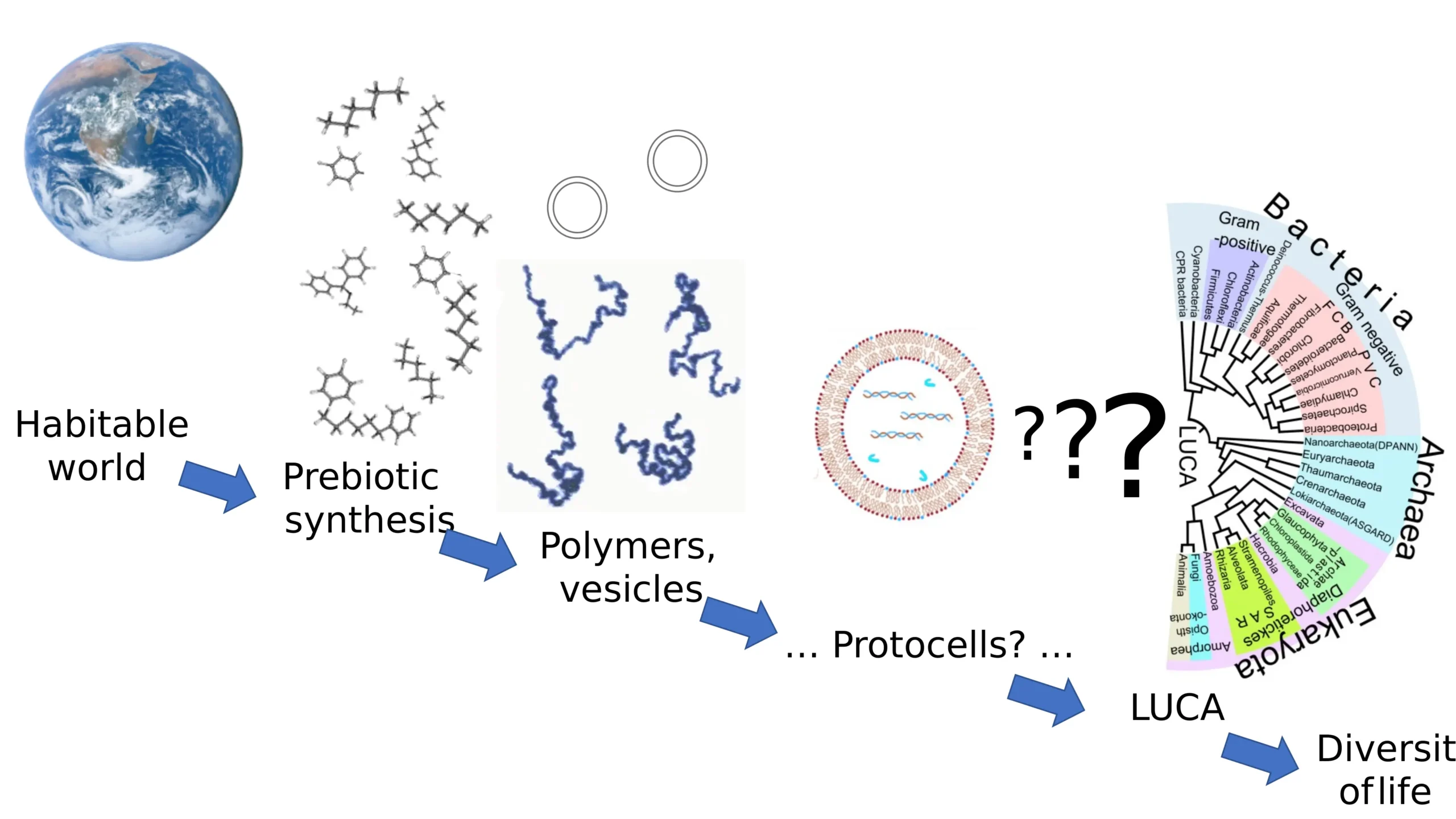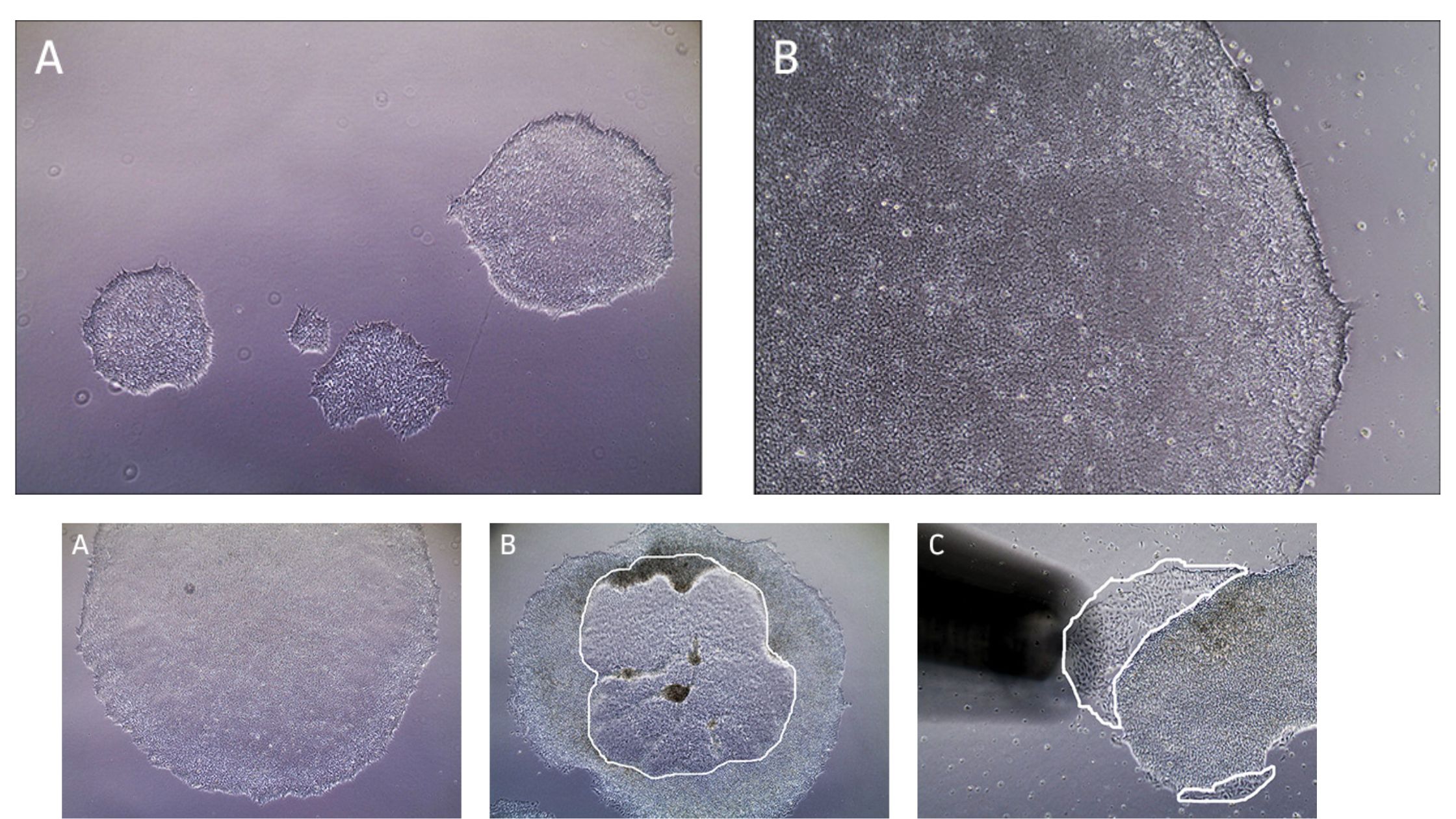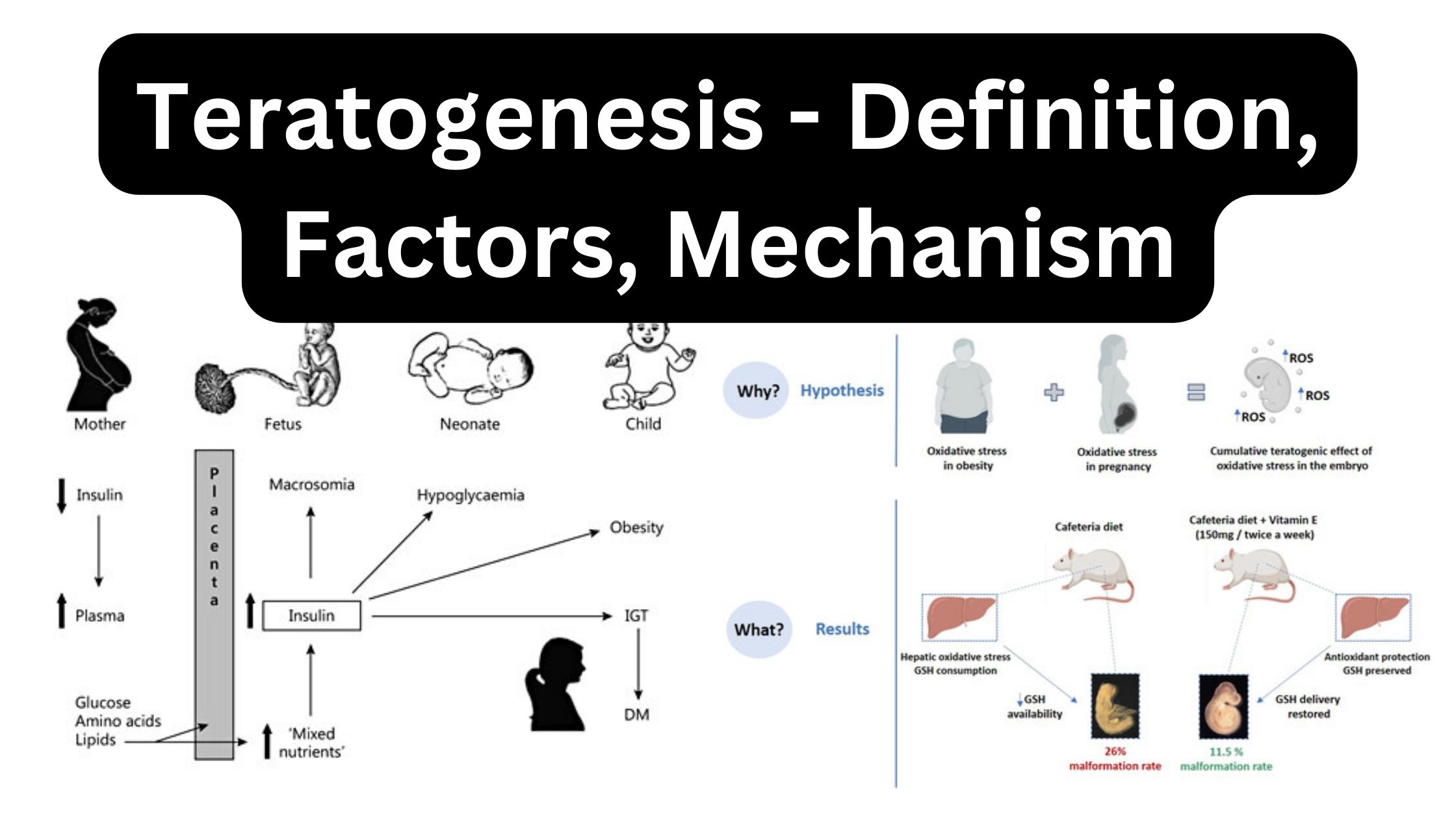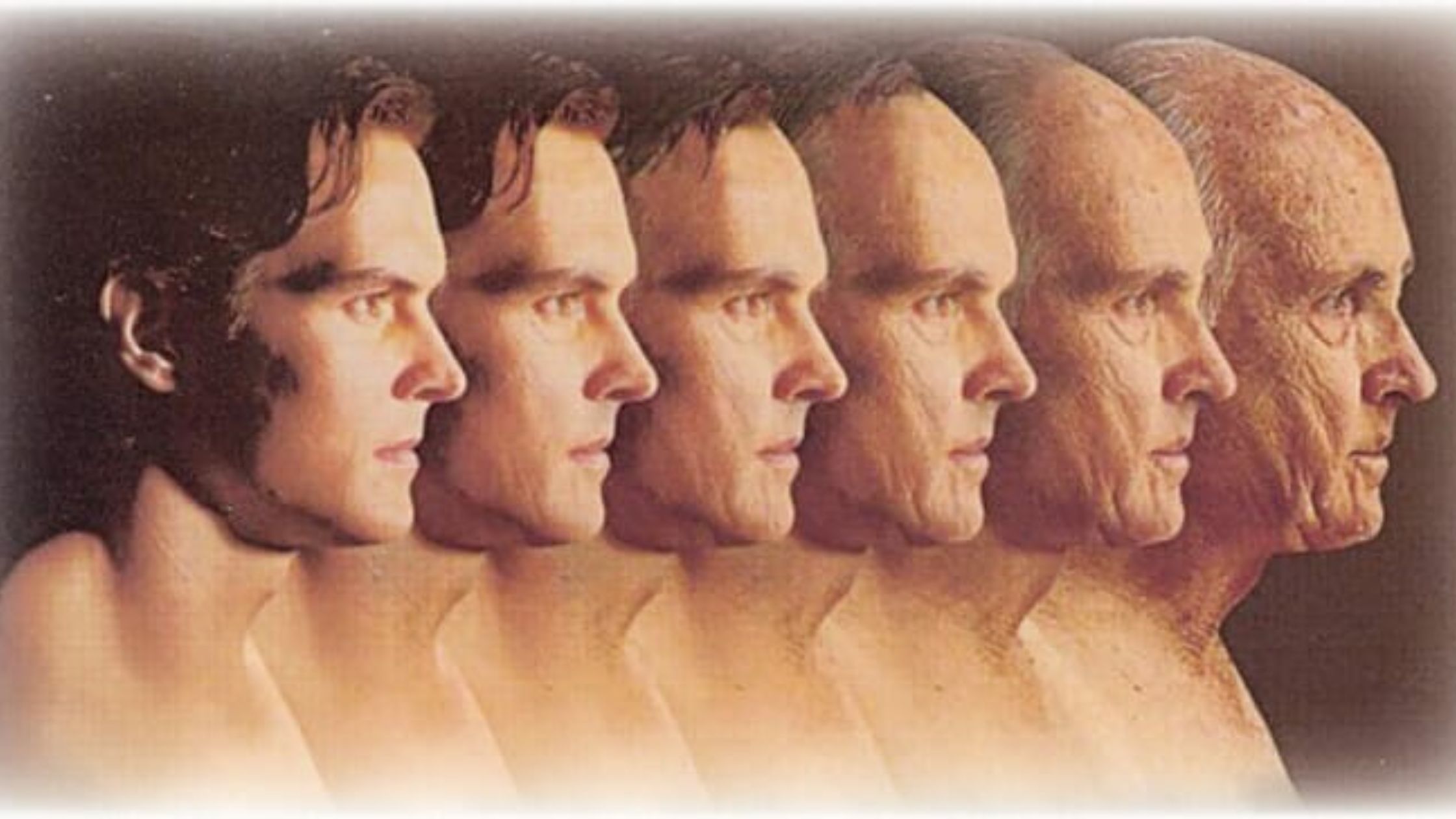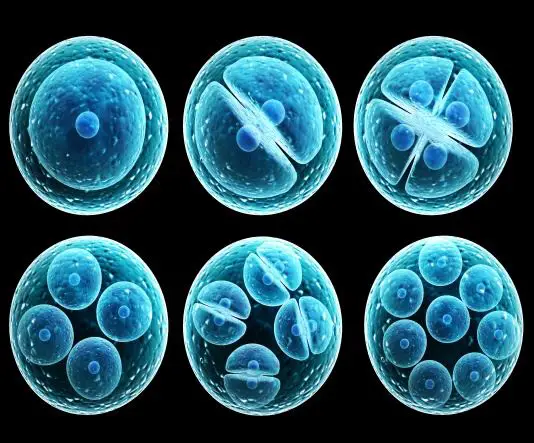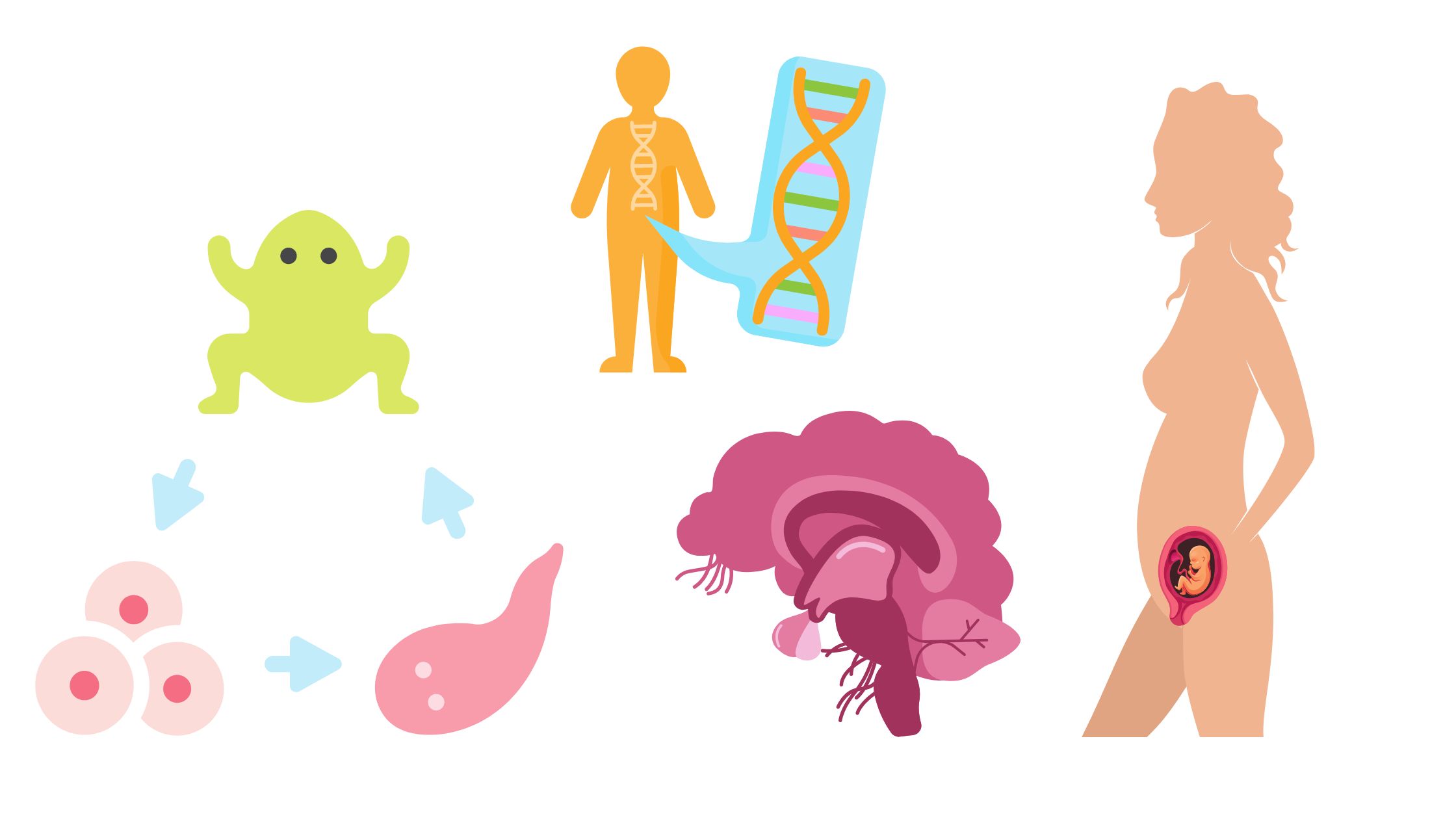Regeneration – Definition, Types, Mechanism, Examples
What is Regeneration? Definition of Regeneration Regeneration is the natural process by which organisms restore, repair, or replace lost or damaged body parts through the growth and differentiation of specialized cells, often known as stem cells. Types of Regeneration Regeneration, a pivotal biological process, can be classified into distinct types based on the underlying mechanisms … Read more

